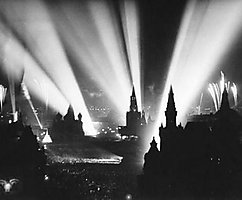Is it good German car 90?
 Bashny.Net
Bashny.Net
Is it good German car 90?
In the central part of the Russian cars are very popular in Germany. Why not bring himself a BMW or Mercedes, in the chair which is only slightly popukal dotoshlivy German? In 90 such cars were a sign of wealth, and the coolness of belonging to a "higher caste" such prejudices remain to this day.
5 photos + text. Not mine. Click
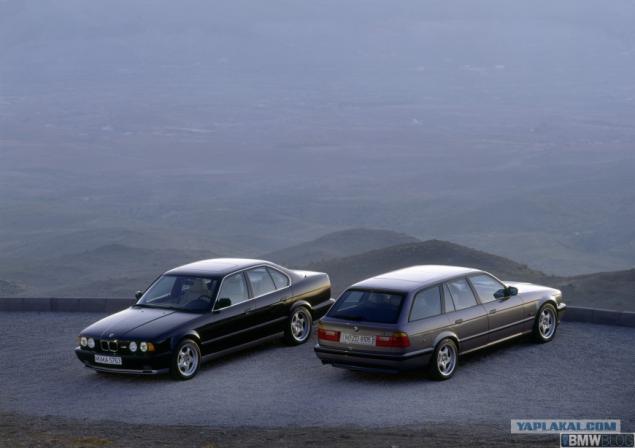
But with the popularity of German cars 90 and many myths arose. Or myths? Now we analyze all on the shelves.
It is said that the Germans had huge runs, and in Russia they are delivered with twisted odometers.
According to statistics, the average annual mileage in Germany is about 30-40 thousand km. But this does not mean that all cars in a year is passing away. There are those machines that barely 12 months osilivayut 10 thousand km, but there are those who wound up in the year of 100 thousand km and more. The cost of a used car depends on the actual mileage. Vehicles with lower annual mileage considerably more expensive, especially if running less than 100 thousand kilometers. On machines with large amounts of diesel engines and the average mileage is typically higher than in urban cars, roadsters or convertibles.
German automobile club ADAC in 2000 conducted a study which showed that 30% of all used cars sold in the secondary market was twisted odometer. Especially the development of this practice on the issue of old cars 80's and early '90s, when the machines are not yet equipped with protection against twisting.
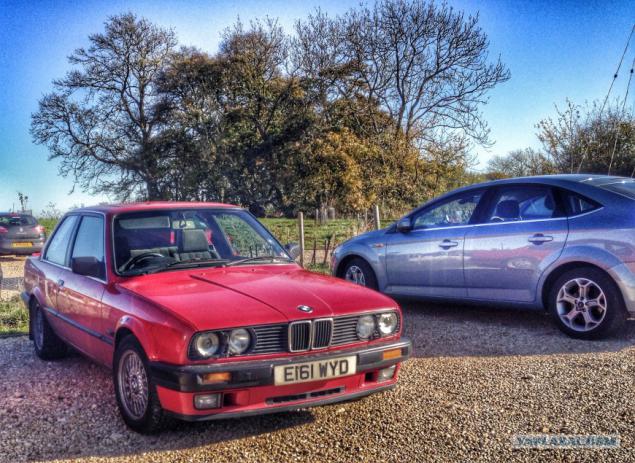
German car 90 strong and indestructibility, as the Russian AK-47.Tak can only say about the machines manufactured before the mid-90s, they really have a good margin of safety inherent constructively. After the 95-97-ies., Probably for economic reasons, the German designers (as well as Japanese and American) was used in the production of light metal alloys, composite materials and technological solutions to increase safety. These vehicles, with large collapsible (in a collision) areas of the body and aluminum collapsible plastic panels meet the safety standards adopted in Europe, but do not have the "indestructibility" that was before.
German cars will be used for the Russian, who like to drive fast!
This is partly true. Germany - a country with no speed limit. On the German Autobahn are allowed to travel at the speed which can develop the car. Accordingly, the designers are doing so that the machine could for a long time to maintain the ride at maximum speed without much harm to ourselves. But riding at the maximum (or so) the speed makes a huge burden on all units of the car and greatly reduces the resource mechanisms.

Most Germans go to the "pauper" complete
Most, but not all. "The Germans", having a base (or close to the base) packaging, we found much more often than "Japanese", but in the end equipment as the Japanese and German car just depends on which version of the first ordered by the buyer. The Japanese also do basic versions of their cars. Just a few of them. But if you search, you can find the same Toyota Corolla, which will not have electropackage. By contrast, modern German cars already in the basic version have almost everything you need for comfort: power accessories, air-conditioning. But to choose the car with the appropriate options can always be - it would wish and the thickness of the purse would be consistent with the demands. Base cars around the world is cheaper.
The Germans are worse than others technically
This is not true. In fact, the Germans are pioneers in the application of many of the technical solutions. For example, anti-lock brakes in the drive for the first time began to be installed in series on German cars, the fuel injection system - also a merit of the German manufacturers. Such examples are many, it is enough to remember that the car itself was invented in Germany.
All German cars are created and collected in doychlyandii
This is not true. Today a lot of cars that are considered German, gather at factories around the world. For example, the Audi brand cars produced in Germany and in Belgium, Bosnia, China, Slovakia, etc. BMW is collected in addition to Germany, the US, Russia, China, Vietnam, Malaysia, Thailand, the USA, Austria. Volkswagen plant are scattered all around the world.
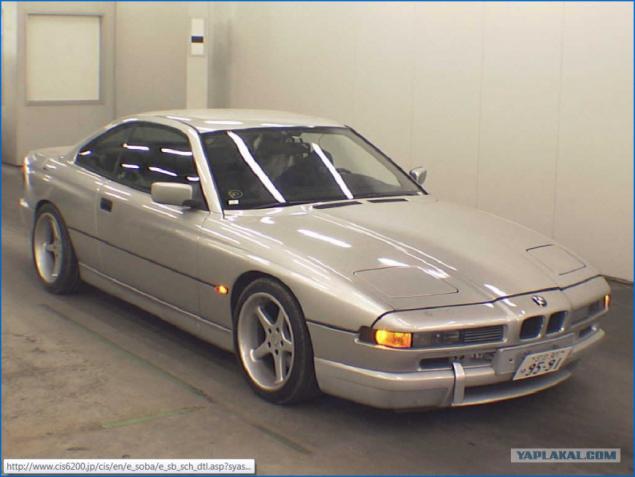
On the Germans a lot of cheap parts
This is not true. Original spare parts in the "German" no less than "Japanese". Another thing - duplicated, then the comparison is not in favor of "Japanese", and it is not even so much in price as in the range: on the German auto duplicate more, and of varying quality.
German cars lose in comfort
This is not quite true. It all depends on who he calls comfortably. By equipping the majority of vehicles from Germany inferior "classmates" from other countries, especially Japan and South Korea. But German cars have other advantages. The Germans did not skimp on sound insulation - German car in the cabin is usually quieter than in the car of equal class in other countries. The quality of the materials used in the interior decoration of the German cars are also often better than that of counterparts from other countries.
Germans guzzle a lot and generally are difficult to save
This is not quite true. In fact, the German automobile fuel consumption as much as their "classmates" from other countries. Confusion has the information specified in the specifications. The fact that in Germany, very stringent conditions for testing machines for fuel consumption. The so-called urban driving cycle includes not only an imitation of driving in heavy city traffic, but also a cold engine start, and the beginning of a movement without warming. Naturally, all this increases the actual fuel consumption, which is reflected in the figures mentioned in the specifications. In fact, the new German car consumes no more than the others. As for the fuel used at the machines, it all depends on the technical condition and operating conditions.
Buy German - remain without panties
This is partly true. In Germany, the car with the true mileage of up to 100 thousand kilometers offered for sale rarely, and their price is very high. Germans - the people of calculating, and to sell the car because she was tired, no one will. The car is changing, as a rule, only in two cases: either by achieving high mileage (about 200 000 km or more), when sharply increased the cost of servicing the machine, or in the case of a serious accident. The distinctive features of the German used car is a big annual mileage (this contributes to the ideal road network) and excellent appearance. In recognition of some peregonschikov, for resale to drive a car with a small city (even if this will be found in Germany) is economically inefficient - its price will be very high in the background looking exactly the same age as twisted odometers.
All!
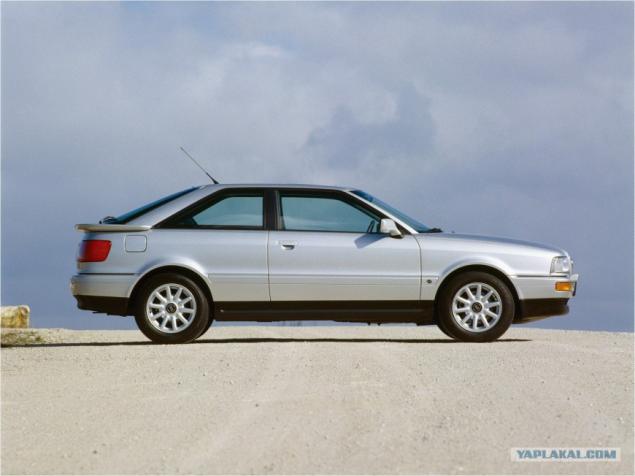
Source:
In the central part of the Russian cars are very popular in Germany. Why not bring himself a BMW or Mercedes, in the chair which is only slightly popukal dotoshlivy German? In 90 such cars were a sign of wealth, and the coolness of belonging to a "higher caste" such prejudices remain to this day.
5 photos + text. Not mine. Click

But with the popularity of German cars 90 and many myths arose. Or myths? Now we analyze all on the shelves.
It is said that the Germans had huge runs, and in Russia they are delivered with twisted odometers.
According to statistics, the average annual mileage in Germany is about 30-40 thousand km. But this does not mean that all cars in a year is passing away. There are those machines that barely 12 months osilivayut 10 thousand km, but there are those who wound up in the year of 100 thousand km and more. The cost of a used car depends on the actual mileage. Vehicles with lower annual mileage considerably more expensive, especially if running less than 100 thousand kilometers. On machines with large amounts of diesel engines and the average mileage is typically higher than in urban cars, roadsters or convertibles.
German automobile club ADAC in 2000 conducted a study which showed that 30% of all used cars sold in the secondary market was twisted odometer. Especially the development of this practice on the issue of old cars 80's and early '90s, when the machines are not yet equipped with protection against twisting.

German car 90 strong and indestructibility, as the Russian AK-47.Tak can only say about the machines manufactured before the mid-90s, they really have a good margin of safety inherent constructively. After the 95-97-ies., Probably for economic reasons, the German designers (as well as Japanese and American) was used in the production of light metal alloys, composite materials and technological solutions to increase safety. These vehicles, with large collapsible (in a collision) areas of the body and aluminum collapsible plastic panels meet the safety standards adopted in Europe, but do not have the "indestructibility" that was before.
German cars will be used for the Russian, who like to drive fast!
This is partly true. Germany - a country with no speed limit. On the German Autobahn are allowed to travel at the speed which can develop the car. Accordingly, the designers are doing so that the machine could for a long time to maintain the ride at maximum speed without much harm to ourselves. But riding at the maximum (or so) the speed makes a huge burden on all units of the car and greatly reduces the resource mechanisms.

Most Germans go to the "pauper" complete
Most, but not all. "The Germans", having a base (or close to the base) packaging, we found much more often than "Japanese", but in the end equipment as the Japanese and German car just depends on which version of the first ordered by the buyer. The Japanese also do basic versions of their cars. Just a few of them. But if you search, you can find the same Toyota Corolla, which will not have electropackage. By contrast, modern German cars already in the basic version have almost everything you need for comfort: power accessories, air-conditioning. But to choose the car with the appropriate options can always be - it would wish and the thickness of the purse would be consistent with the demands. Base cars around the world is cheaper.
The Germans are worse than others technically
This is not true. In fact, the Germans are pioneers in the application of many of the technical solutions. For example, anti-lock brakes in the drive for the first time began to be installed in series on German cars, the fuel injection system - also a merit of the German manufacturers. Such examples are many, it is enough to remember that the car itself was invented in Germany.
All German cars are created and collected in doychlyandii
This is not true. Today a lot of cars that are considered German, gather at factories around the world. For example, the Audi brand cars produced in Germany and in Belgium, Bosnia, China, Slovakia, etc. BMW is collected in addition to Germany, the US, Russia, China, Vietnam, Malaysia, Thailand, the USA, Austria. Volkswagen plant are scattered all around the world.

On the Germans a lot of cheap parts
This is not true. Original spare parts in the "German" no less than "Japanese". Another thing - duplicated, then the comparison is not in favor of "Japanese", and it is not even so much in price as in the range: on the German auto duplicate more, and of varying quality.
German cars lose in comfort
This is not quite true. It all depends on who he calls comfortably. By equipping the majority of vehicles from Germany inferior "classmates" from other countries, especially Japan and South Korea. But German cars have other advantages. The Germans did not skimp on sound insulation - German car in the cabin is usually quieter than in the car of equal class in other countries. The quality of the materials used in the interior decoration of the German cars are also often better than that of counterparts from other countries.
Germans guzzle a lot and generally are difficult to save
This is not quite true. In fact, the German automobile fuel consumption as much as their "classmates" from other countries. Confusion has the information specified in the specifications. The fact that in Germany, very stringent conditions for testing machines for fuel consumption. The so-called urban driving cycle includes not only an imitation of driving in heavy city traffic, but also a cold engine start, and the beginning of a movement without warming. Naturally, all this increases the actual fuel consumption, which is reflected in the figures mentioned in the specifications. In fact, the new German car consumes no more than the others. As for the fuel used at the machines, it all depends on the technical condition and operating conditions.
Buy German - remain without panties
This is partly true. In Germany, the car with the true mileage of up to 100 thousand kilometers offered for sale rarely, and their price is very high. Germans - the people of calculating, and to sell the car because she was tired, no one will. The car is changing, as a rule, only in two cases: either by achieving high mileage (about 200 000 km or more), when sharply increased the cost of servicing the machine, or in the case of a serious accident. The distinctive features of the German used car is a big annual mileage (this contributes to the ideal road network) and excellent appearance. In recognition of some peregonschikov, for resale to drive a car with a small city (even if this will be found in Germany) is economically inefficient - its price will be very high in the background looking exactly the same age as twisted odometers.
All!

Source:
Tags
See also
How to warm up a car in the cold?
In St. Petersburg, opened the exhibition of legendary cars
How do I sell a car in the cabin
Revelation seller of used cars in Germany
Overview of the Geneva Motor Show 2013
Catch Me If You Can
Exhibition of vintage cars and bicycles
The history of the VAZ-2108
Cars on the streets of London
Collection "Temptation"









